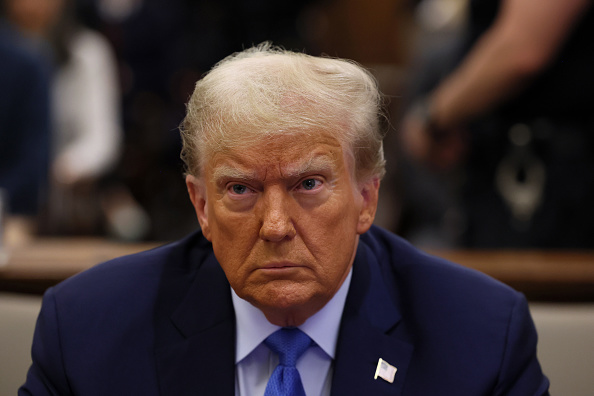Trump’s Influence on Legal Practices: Recent Developments with WilmerHale
The tension between former President Donald Trump and some of the nation’s leading legal firms continues to escalate, particularly as law firms like Skadden and Paul Weiss yield to his pressure. The recent controversy highlights a growing concern about the influence of political power on legal independence.
WilmerHale: The Latest Target
In a striking move, Trump has issued an executive order aimed at WilmerHale, which threatens to revoke security clearances for its lawyers. This action comes on the heels of the firm’s already troubled relationship with the current administration, particularly following perceived attacks related to its diversity initiatives.
Reasons Behind the Order
While the executive order cites various motivations, including diversity-related claims, the underlying animus appears to stem from the firm’s association with Robert Mueller. Trump’s administration has voiced strong disapproval of Mueller’s investigation, which sought to examine potential misconduct during Trump’s presidency.
“WilmerHale rewarded Robert Mueller and two of his colleagues by welcoming them to the firm after they wielded the power of the Federal government to lead a partisan investigation against the President and others. Mueller’s investigation epitomizes the weaponization of government.”
Consequences of the Executive Order
The implications of this executive order are significant. It not only strips WilmerHale of its ability to participate in government contracts but also stipulates that federal agencies may not hire individuals from the firm without explicit authorization. This escalates previous threats regarding the Equal Employment Opportunity Commission (EEOC) and sets the stage for possible litigation under Title VII.
Possible Responses from WilmerHale
The question now looms: will WilmerHale challenge this executive order in court, similar to the approach taken by Perkins Coie, or will it capitulate like some of its counterparts? The legal community is watching closely, as the firm’s response could set a precedent for how legal practices navigate conflicts with political authorities.
As March approaches, the legal world is abuzz with speculation about the firm’s next steps in this politically charged environment, making it one of the more compelling legal narratives of the season.
Conclusion
The battle between Trump and leading law firms encompasses broader themes regarding the independence of the legal profession and its role in holding power accountable. As situations like that of WilmerHale unfold, they raise critical questions about the intersection of law and politics in contemporary society.

